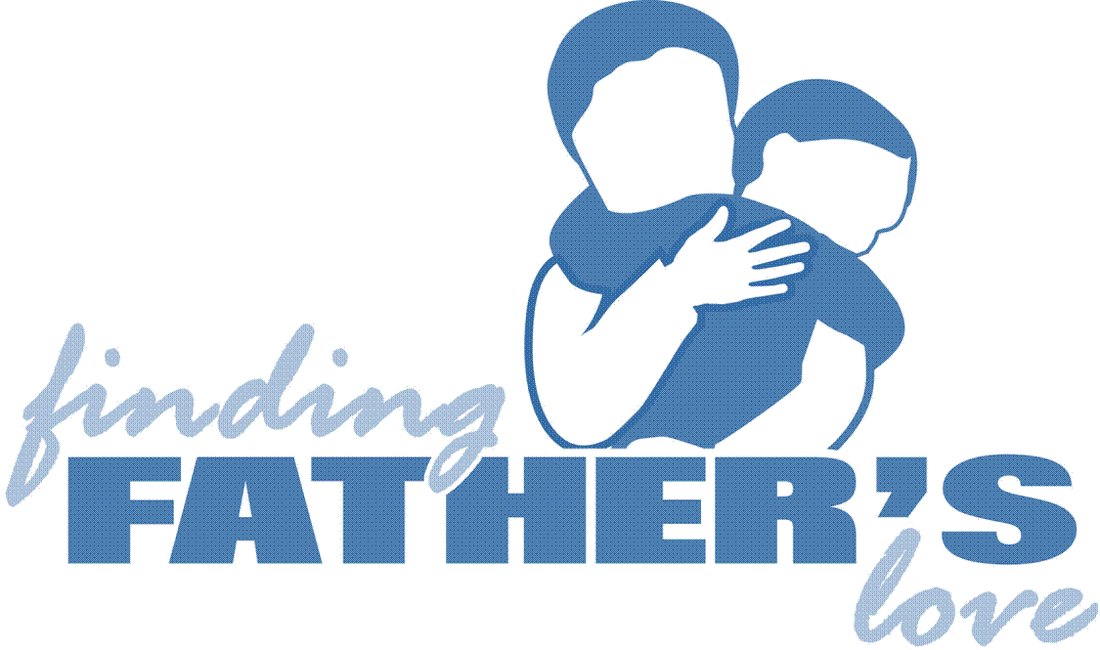
Some might think the appropriate Christian response for a friend's hearing this news would be compassion, sadness, and sympathy. Having been a Christian my entire life, having worked at a Christian counseling agency, having served as a pastor in the Christian church, perhaps such tragedies should readily bring to my mind and mouth hope-filled, spiritual soundbites like:
- All things work together for good.
- It's all part of God's plan.
- God is good all the time.
My initial reaction was far from "spiritual." I was angry. In fact, I'm still angry. I am angry at the results of sin. I am angry at the evil that is so prevalent in our world. I am angry that people I care about have to be subjected to such heartrending pain. And my anger can't begin to compare to the anger my friends must feel.
Anger is an unpleasant emotion. We don't like to feel it. We don't like to be around other people who feel it. Yet, it is a common, yet often overlooked component of the grieving process, whether morning the loss of a job, a marriage, an ideal, or someone we loved deeply.
If we are truly going to help others grieve, we must allow them to feel what they feel, no matter how uncomfortable it makes us. We must help them to release and process their very natural feelings of anger.
Those of us who are Christians, though, often do our hurting friends a disservice by short-circuiting the process. Rather than acknowledging the dark cloud, we point out the silver lining. Rather than meeting people in their depth of their pain we try to pacify them with words of hope that they are not ready to hear. We can't stand to see them in the valley so we try to drag them up to the mountaintop. We quote cheery Bible verses. We tell them, "I'm praying for you." We share stories of others who had the faith to overcame similar situations.
Don't get me wrong, Bible reading, prayer, and faith can bring healing to our souls like nothing else can. But our souls must first be in a position to accept that healing.
I went to the wake of a friend who died unexpectedly while on a business trip. He was a friend of many, as evidenced by the long line of people gathered to pay their respects. When I finally reached his grieving widow, I hugged her, pulled her ear next to my mouth, and whispered words that she later told me were more comforting than anything else she had heard that day. I simply said, "This sucks."
When weeks later she reflected on those dreadful days immediately after her husband's death, she said, "If I had heard one more person tell me about 'the peace that passes understanding' I would have screamed." She was well aware that Jesus offers such peace. And she did, in fact, experience that peace as time went on. But until she had worked through her anger, peace had no chance.
Do you truly want to help others who are going through traumatic times? Don't deny them the right to be angry. Don't try to diffuse their anger. Don't minimize it or, worse yet, tell them they shouldn't feel that way. Tap into it. Let them sob. Let them scream. Let them curse if they need to. It is only when the cloud of anger dissipates that we can see and feel the rays of peace that will bring healing to our souls.







 RSS Feed
RSS Feed